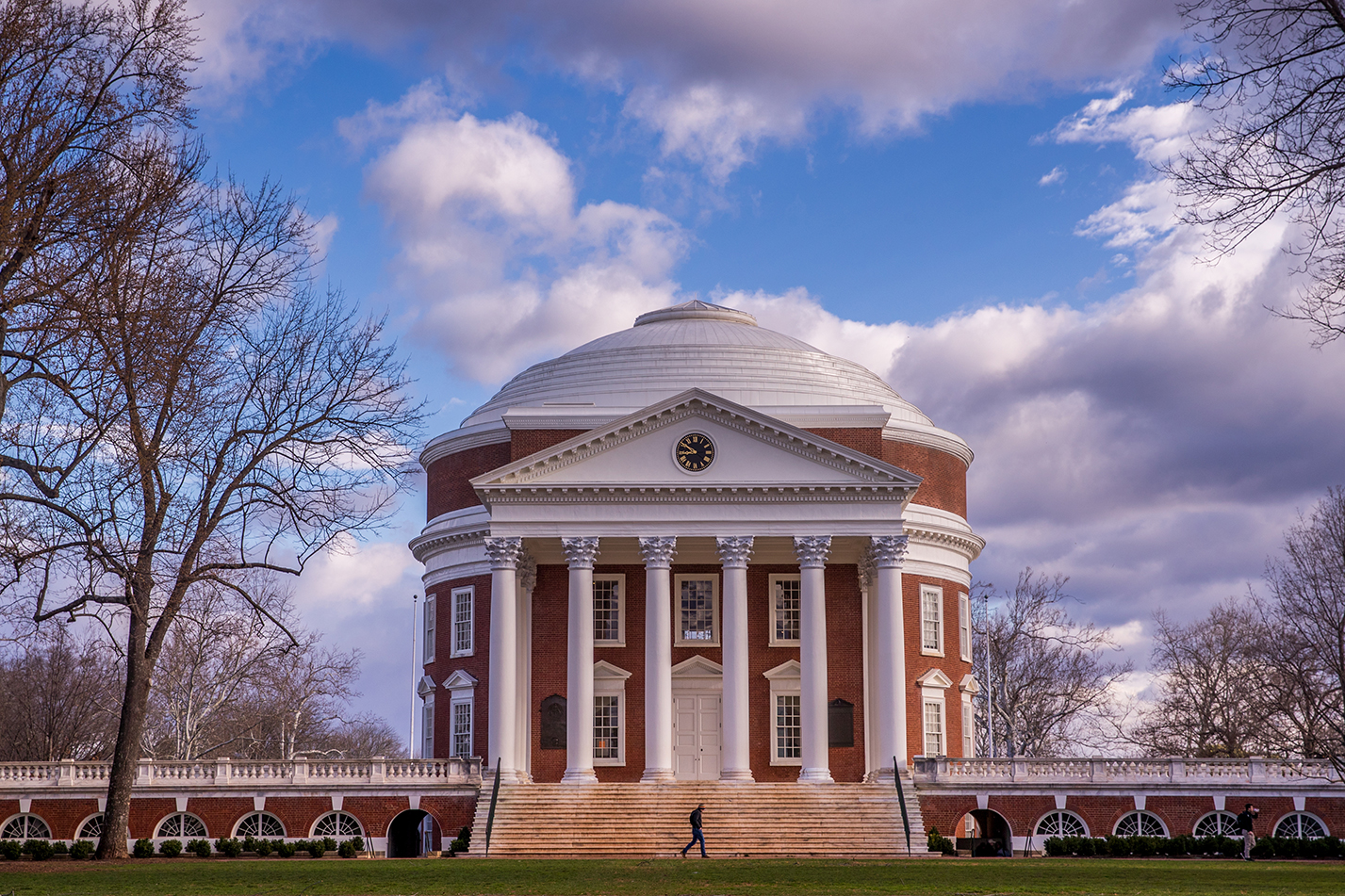
Instructor:
The Greek origins of the word “utopia” embed a pun and a paradox: a good place (eu-topos) that’s also a no-place (u-topos). Are utopias, then, too good to be true? Across time and space, statesmen,
philosophers, poets, and visionaries have used possible and impossible worlds to imagine refuges from tyranny and subjugation, or to register anxieties surrounding social and technological change.
This course will consider concepts of difference and equality in utopianism and anti-utopianism, with particular attention to roles of class, race, gender, religion, and technology. We will explore how
alternate worlds restructure distinctions of nature and nurture, public and private, alien and citizen to question and negotiate between existing forms of human difference. From the earliest origins of
utopian thought, to contemporary strains of sentiment both utopic (as expressed in political, technological, and corporate idealisms) and dystopic (as depicted in popular media like The
Handmaid’s Tale and Black Mirror), we will study how worlds possible and impossible interrogate existing institutions and values, imagine extensions and reversals of hegemonic power, and present
alternate visions of what our world could be.
